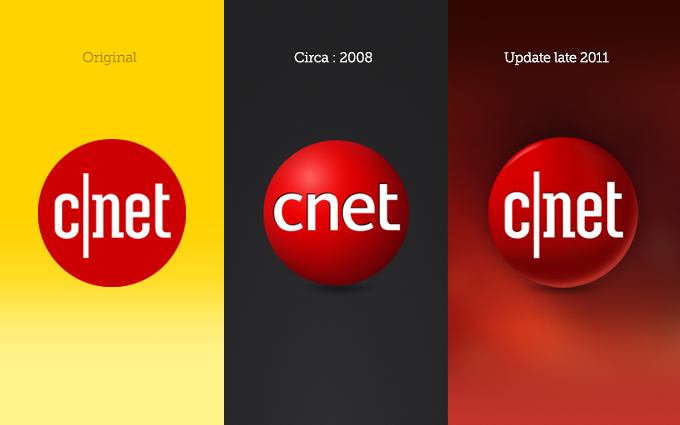Remember Flash?

Remember Flash?
JULY 28, 2024
Flashback to Flash: My Thoughts from 2003
In March 2003, I was quoted in an article about the controversial redesign of Macromedia's website. This redesign drew significant criticism largely because it relied heavily on Flash, which wasn't compatible with several browsers at the time, including Apple's Safari.
 https://web.archive.org/web/20030401172716/http://news.com.com/2100-1046-991868.html
https://web.archive.org/web/20030401172716/http://news.com.com/2100-1046-991868.html
The Issue with Flash and Browser Compatibility
The article, titled "Revamped Macromedia site irks customers", discussed how Macromedia's decision to build their site entirely in Flash alienated many users. Not only did this choice lock out users of browsers like Safari and Opera, but it also raised questions about the usability and accessibility of web content. At the time, I commented:
"I definitely believe that Macromedia is alienating their core developer superstars with their latest Web site offering. It is too slow, a bandwidth hog, and doesn't work with a browser that many of these Flash developer superstars are using. Whether this is 'a lot' of people I'm not sure, but surely they are the alpha developers that so many of us read and trust."
Reflecting on the Web Then and Now
It's fascinating to look back at how web development has evolved since then. Flash, once a cornerstone of dynamic web content, has been retired, largely due to its limitations in performance, accessibility, and security. The web has moved towards more open, standards-based technologies that ensure greater accessibility and functionality across all devices and browsers.
Why It Matters
The story from 2003 serves as a reminder of the importance of forward-thinking in technology. We must consider how our decisions affect a diverse range of users, including those with disabilities. Accessibility and compatibility should be at the forefront of web design, not an afterthought.
This journey through a past article is not just about reminiscing but also about learning from the past as we continue to build more inclusive and functional digital experiences.
Flash might be gone, but the lessons remain as relevant as ever.




